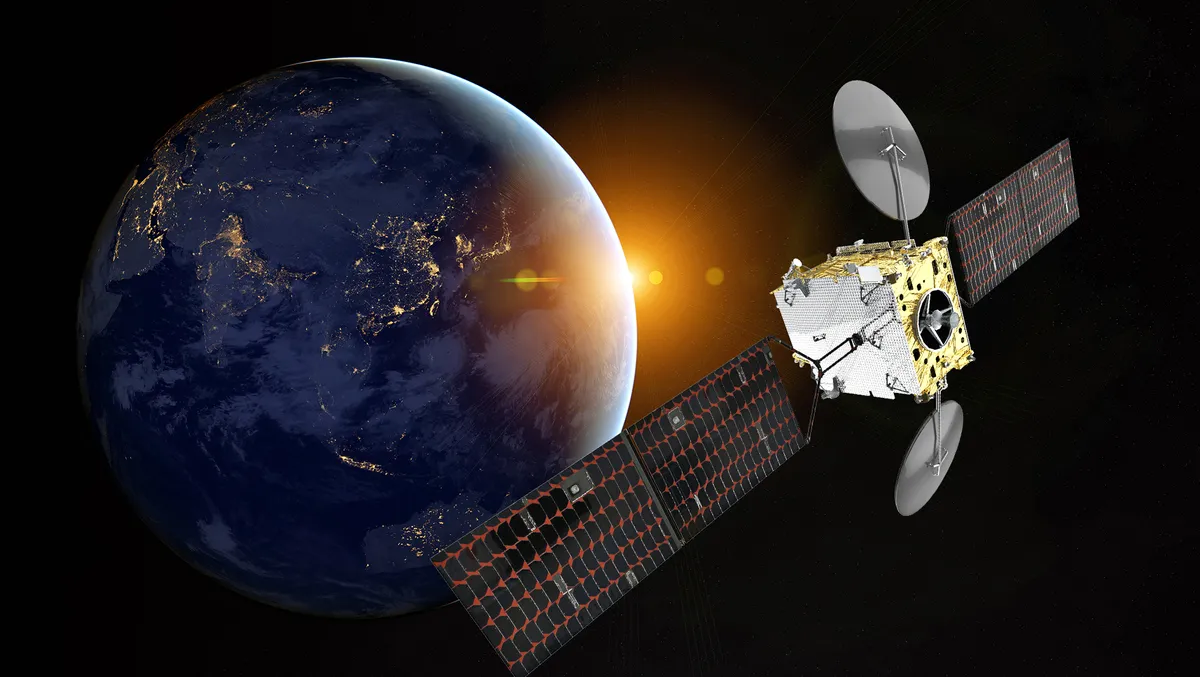
KT SAT and Thales Alenia Space sign comms satellite contract
South Korean satellite service provider KT SAT, and Thales and Leonardo joint company Thales Alenia Space have signed a contract for the KOREASAT 6A communications satellite.
The new satellite will replace KOREASAT 6 and will offer fixed satellite service (FSS) as well as broadcasting satellite service (BSS) to South Korea.
It will be positioned in a geostationary orbit at 116 degrees East.
Thales Alenia Space is the program's prime contractor, which includes responsibility for the design, construction, testing and ground delivery of the satellite, followed by orbital positioning and in-orbit testing services.
The joint company will also train and support the customer's on-site engineering team and offer operational assistance throughout the satellite's lifetime.
Further, KOREASAT 6A is built on its Spacebus 4000B2 platform and will be fitted with six BSS transponders and 20 FSS transponders to cover all of South Korea.
Expected to be finished in the fourth quarter of 2024, KOREASAT 6A will weigh approximately 3.5 metric tonnes at launch and offers a design life of 15 years.
"I would like to thank KT SAT for their ongoing trust in Thales Alenia Space," says Hervé Derrey, President and CEO, Thales Alenia Space.
"This contract opens a new chapter in the long-standing and successful collaboration between our companies: KOREASAT 6A is the fifth satellite to be built by Thales Alenia Space for KT SAT."
"After running a competitive process with multiple bidders, we are very pleased to announce the selection of Thales Alenia Space for the construction of our new satellite," David Kyunmin Song, CEO, KT SAT, says.
"KOREASAT 6A will ensure KT SAT's ability to provide the highest quality satellite services to its loyal customers over the long-term. We are looking forward to achieving a sustainable growth in KT SAT's satellite business in cooperation with Thales Alenia Space."
KT SAT has seen success in recent years, conducting the world's first 5G transmission with a satellite connection in 2019.
The test aimed to expand the fifth-generation technology linked to KT SAT's 5G network and KOREASAT 6, located approximately 36,000 kilometres above the equator.
The test was carried out through a satellite connection from Seoul and ushered in a new phase of 5G edge cloud as a virtual data centre, and showed how hybrid 5G transmission technology could keep operations going, even when 5G coverage becomes available, or in the event of a natural disaster.
KT SAT worked with the KT Institute of Convergence Technology and executed the project together.
The two companies implemented a hybrid terrestrial satellite 5G transmission, which combines different networks to deliver data better than typical 5G service, as well as a 5G edge cloud media transmission using satellite communications backhaul links.
The company noted that the process meshes satellite communications with the content delivery network (CDN) for video transmissions from the 5G edge cloud.
"Meshing satellite and 5G will create communication environments without regional gaps, greatly contributing to both disaster and emergency communication and content markets where communication is quintessential," Hahn Won-Sic, President, KT SAT, explained at the time.
"Through continued technological exchange with KT, we will strive to achieve global technological standardisation and provide good customer service."
KT SAT successfully maintained normal service operations with KOREASAT 6 alone by using this technology after the 5G network was intentionally disconnected.


